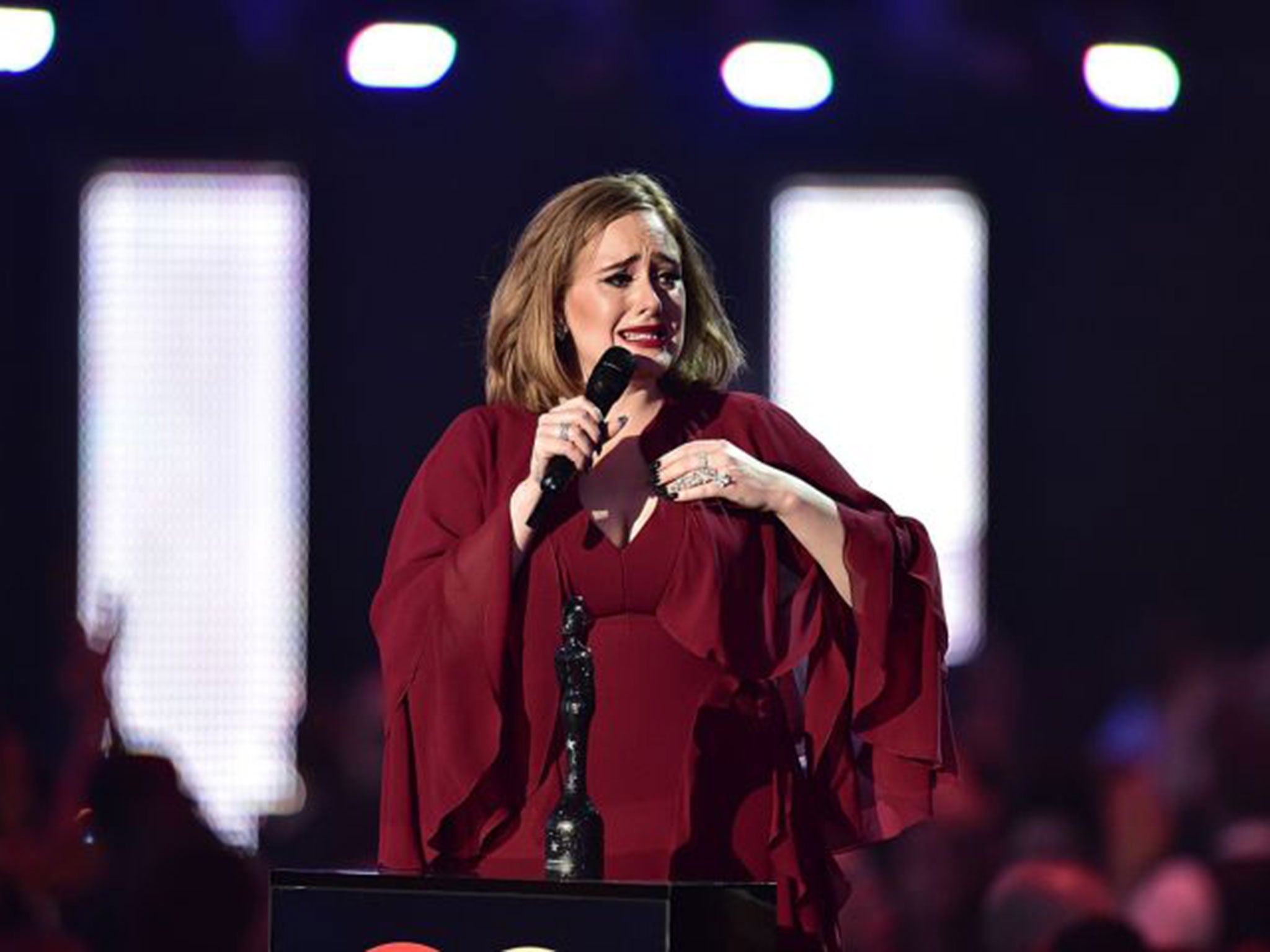No more swearing like a trooper? Using foul language is human - and can be !@*&*! good fun
As the Army considers telling its instructors to clean up their language – and Adele drops the F-bomb – Chloe Hamilton explores how and where to swear


Your support helps us to tell the story
From reproductive rights to climate change to Big Tech, The Independent is on the ground when the story is developing. Whether it's investigating the financials of Elon Musk's pro-Trump PAC or producing our latest documentary, 'The A Word', which shines a light on the American women fighting for reproductive rights, we know how important it is to parse out the facts from the messaging.
At such a critical moment in US history, we need reporters on the ground. Your donation allows us to keep sending journalists to speak to both sides of the story.
The Independent is trusted by Americans across the entire political spectrum. And unlike many other quality news outlets, we choose not to lock Americans out of our reporting and analysis with paywalls. We believe quality journalism should be available to everyone, paid for by those who can afford it.
Your support makes all the difference.I remember the first time that I said the word f**k. I remember the feeling of it as it rolled off my tongue, all hard effs and spiky ks. I remember the wide-eyed look on my sister's face as she watched me say The Worst Word in the World.
When I was growing up, my parents didn't have the patience for faux-swears like "frick" and "sugar"and "fiddlesticks". Instead, "bloody" and "bugger" and "sh*t" flew through the blue air on a semi-regular basis. I vividly remember one morning, when I was dawdling on my way to school, my mum cheerfully hurrying me along with the words: "Come on Chloe, stop fart-arsing and fannying about."
To me, the words weren't threatening or rude, they were simply another means of expression. I wasn't exactly encouraged to swear but I was never admonished if I did. Now, swear words are simply part of my lexicon, and I have – on occasion – been told off by friends for letting accidental "f**ks" slip out in cafés with small children present. Coincidentally, this may be why I feel so at home in a newsroom.
Not everyone has the same blasé attitude to blasphemy as my family, however. ITV received a number of complaints on Wednesday night after it mis-beeped Adele's acceptance speech at the Brit Awards, muting her gushing thank-yous and leaving in the slightly fruitier "I bet you're all f**king bored of me" for the world and his wife to hear. The incident happened post-watershed, but still the complaints rolled in.
And Adele isn't the only one in trouble for swearing like a trooper. The MoD was forced to deny reports that it would be holding meetings this week to discuss the toning down of bad language within the Army, following a BBC documentary which showed new recruits being subjected to a torrent of foul language at the hands of an officer.
According to Peter Silverton, author of Filthy English: The How, Why, When and What of Everyday Swearing, the British are conflicted when it comes to swearing. "We're f**king prudish," he says. "But actually we're a paradox. We swear a lot in Britain by and large. My line is that if there were ever a World Cup for swearing, it would be us versus the Serbs in every final and we'd win it on penalties."
Historically, Britain has always been cautious when it comes to cursing. The word "f**k" wasn't included in the Oxford English Dictionary until 1972, and – allegedly – wasn't broadcast on TV until theatre critic Kenneth Tynan said it in a live TV debate on the BBC in 1965.
Of course, the profanity has since gone mainstream, with variants including mother-f**ker, f**king hell, and for f**k's sake, with the latter even morphing into commonly used text-speak (FFS). The Thick of It's Malcom Tucker famously made the word his own, delivering the immortal line: "Yeah, OK, f**kity bye!" in the film In The Loop. But, with such widespread usage, have expletives actually lost their shock value?
"You don't want to give inadvertent offence, and I stress the word inadvertent," Silverton says. "There are times when we do want to offend other people, and there's nothing wrong with that. We do want to upset them, and that is where you would swear. There's no point in swearing ineffectively.Sometimes words that used to be offensive are no longer offensive. Words that are offensive now will stop being offensive in the future. It moves. The main contention about swear words now is not about sexual swearing, it's generally about racial upsets."
Swear words depend almost entirely on the context in which they're used. Adele's giddy slip of the tongue can probably be forgiven, put down to too much champagne and four Brit awards. But an army officer using offensive language to intimidate and frighten a junior recruit? F**king hell, that's much more offensive.
Join our commenting forum
Join thought-provoking conversations, follow other Independent readers and see their replies
Comments